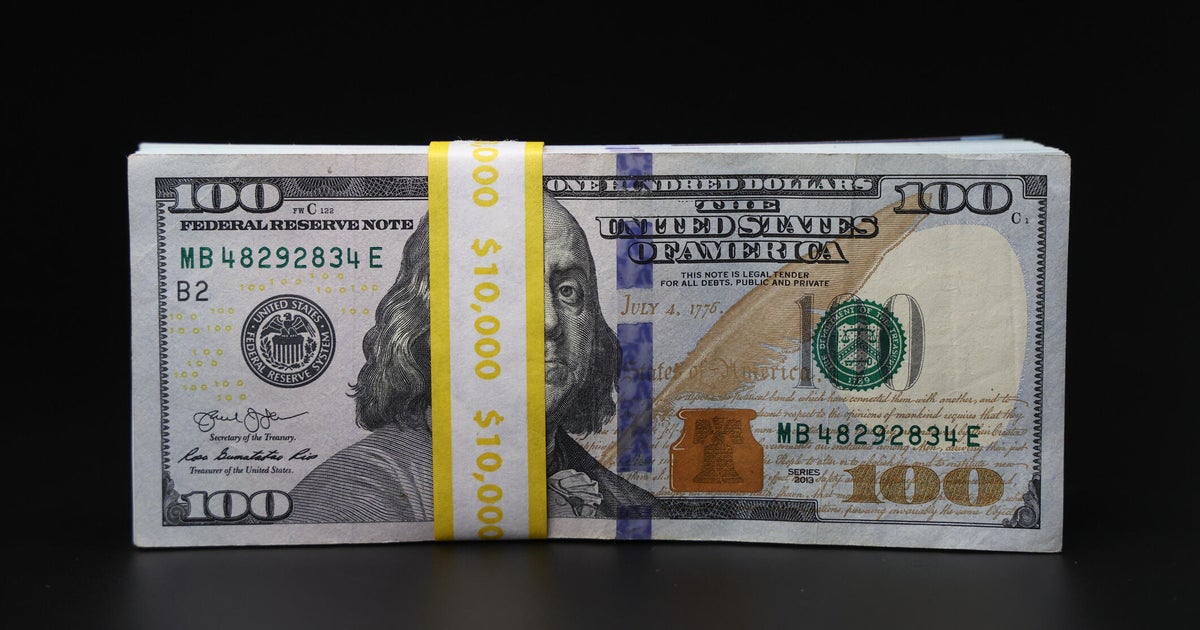How fake social media profiles are fueling scams and getting people "duped out of money"
From April to June this year, Facebook reports they have removed more than 1.7 billion fake accounts from its site. But it is unknown how many fake accounts are still on the site. One of those accounts is U.S. Navy Petty Officer Mike Sency.
"Do you have any idea how many fake Mikes there may be out there using your picture?" CBS News senior medical correspondent Dr. Tara Narula asked.
"Too many. I would probably say, you know, 500 to 600 over different social media platforms," Sency replied.
About five or six years ago, he started seeing his real name and images used on fake social media accounts for dating scams and other online cons. He said that two years ago, somebody messaged that they sent over $15,000 of their own money.
"Every single day, I get a message from somebody who has been, you know, duped out of money or have put, you know, months of their life into somebody romantically who they thought they were talking to and it wasn't them. So I just, I feel bad for those people," said Sency.
Narula's husband, as well as CBS News foreign correspondent Charlie D'Agata, also discovered fake accounts using their pictures.
Issie Lapowsky, chief correspondent for the tech news website Protocol, said it is very easy to make a fake social media account.
She demonstrated how to create an account using just an email address, fake name and the image of a CBS News producer.
"How can you know if your image is being used for these parts of a scam?" Narula asked.
"A lot of people find out because they are told. The other way is to do a reverse image search so they can see 'Hey, is my photo being used in any place where I don't recognize or pretending to be anyone I don't know?'" Lapowsky said.
Narula was able to do what Lapowsky said and found another fake account of her husband. Her husband's photo was being used to meet men on the dating site Topface.
While Instagram has made it easy to report fake accounts, Sency said it doesn't always work.
"When it first started happening, Instagram was really good about deleting the profiles. But it kind of went away," he said. "I'll report them myself and they literally message back and say, 'Oh, they're not doing anything wrong. We can't take the profile down.'"
Sency said social media platforms need to do more to protect people's security. "Just put your stuff on private. But at the end of the day, I shouldn't have to censor myself and my social media to appease other people who are using it in the wrong way," he said.
In a statement, Instagram told CBS News: "Claiming to be another person on Instagram violates our community guidelines, and we have a dedicated team that's tasked with detecting and blocking these kinds of scams."



